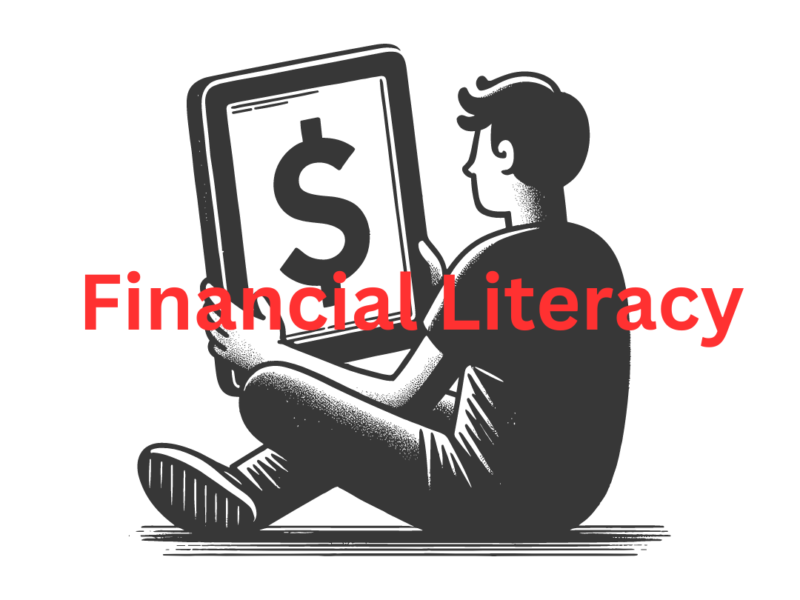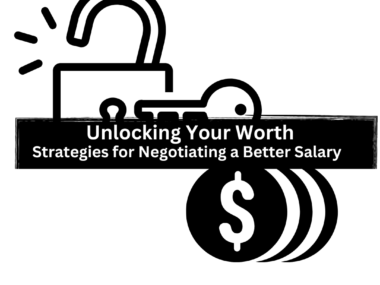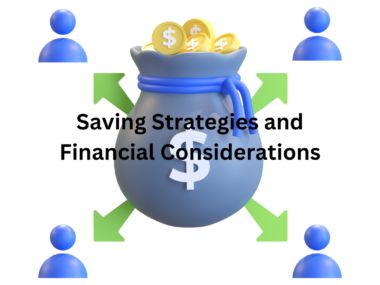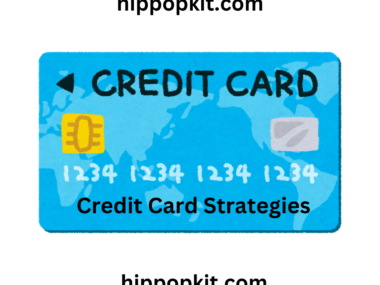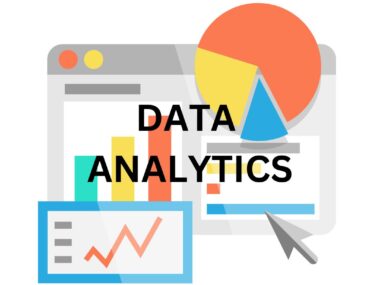Introduction: Building Financial Literacy; Resources and Tools for Learning
Financial literacy, the ability to understand and manage your money effectively, is a crucial skill for navigating the complexities of the modern world. It empowers individuals to make informed financial decisions, build wealth, and achieve their long-term financial goals. However, with so much information available, it can be overwhelming to know where to begin your journey toward financial literacy. This guide will equip you with a roadmap, highlighting valuable resources and tools to build your financial knowledge and confidence.
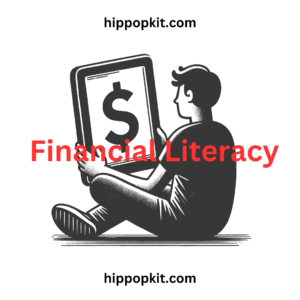
Understanding Your Starting Point:
Before embarking on any learning journey, it is essential to assess your current financial understanding. Ask yourself questions like:
- What are my financial goals? Do you want to save for a down payment on a house, pay off debt, or plan for retirement?
- What is my current financial situation? This includes understanding your income, expenses, and existing debt.
- What are my financial concerns? Are there specific areas of personal finance you feel unsure about, such as budgeting, investing, or taxes?
Once you have a clearer picture of your financial landscape, you can tailor your learning approach to address your specific needs and goals.
Building a Strong Foundation:
Several resources provide a solid foundation for building your financial literacy:
- Books: Personal finance books offer comprehensive information and in-depth exploration of various topics. Popular titles include “I Will Teach You To Be Rich” by Ramit Sethi, “The Simple Path to Wealth” by J.L. Collins, and “The Psychology of Money” by Morgan Housel.
- Financial Websites and Blogs: Reputable websites like Investopedia, The Motley Fool, and NerdWallet offer informative articles, guides, and calculators on diverse financial topics. These resources are readily available and often updated with the latest information.
- Government and Non-Profit Organizations: The National Endowment for Financial Education (https://www.nefe.org/) and the Consumer Financial Protection Bureau (https://www.consumerfinance.gov/) provide valuable resources, including educational materials and interactive tools.
Exploring Diverse Learning Methods:
Learning styles vary, and the most effective approach often combines different methods. Here are some options to consider:
- Online Courses: Platforms like Coursera, Khan Academy, and Udemy offer a wide range of financial literacy courses, both free and paid. These courses offer structured learning with video lessons, quizzes, and interactive exercises.
- Podcasts: Financial podcasts offer a convenient way to learn while commuting, exercising, or doing chores. Popular options include “The Dave Ramsey Show,” “ChooseFI,” and “Planet Money.”
- Workshops and Seminars: Local libraries, community centers, and financial institutions often host financial literacy workshops and seminars. These events provide an opportunity to learn from experts and ask questions in a group setting.
Beyond Basic Knowledge: Practical Tools and Applications:
Financial literacy goes beyond theoretical knowledge. Equipping yourself with practical tools can significantly enhance your financial management skills:
- Budgeting Apps: Personal finance apps like Mint, YNAB, and Personal Capital help you track your income and expenses, categorize your spending, and set budgets. These tools provide valuable insights into your spending habits and empower you to make informed financial decisions.
- Investment Calculators: Online calculators can help you estimate future investment returns, assess your retirement preparedness, and compare loan options. This can be particularly beneficial when making long-term financial planning decisions.
- Financial Advisors: Seeking guidance from a qualified financial advisor can be valuable for individuals with complex financial situations or specific goals. Remember, it is crucial to choose a fee-based advisor who acts in your best interests.
Building a Sustainable Learning Habit:
Building financial literacy is an ongoing journey, not a one-time event. Here are some tips to cultivate a sustainable learning habit:
- Set realistic goals and timelines: Start small and gradually build your knowledge and skills over time.
- Schedule regular learning sessions: Dedicate specific time each week or month to learn about personal finance.
- Seek out diverse perspectives: Read articles from different sources, listen to various podcasts, and participate in discussions to gain a broader understanding.
- Share your learning with others: Discussing financial topics with friends, family, or online communities can solidify your understanding and motivate you to stay engaged.
Remember, building financial literacy is an empowering process that equips you to make informed decisions, achieve your financial goals, and secure a more prosperous future. By leveraging the resources and tools available, you can embark on this journey with confidence and take control of your financial well-being.
